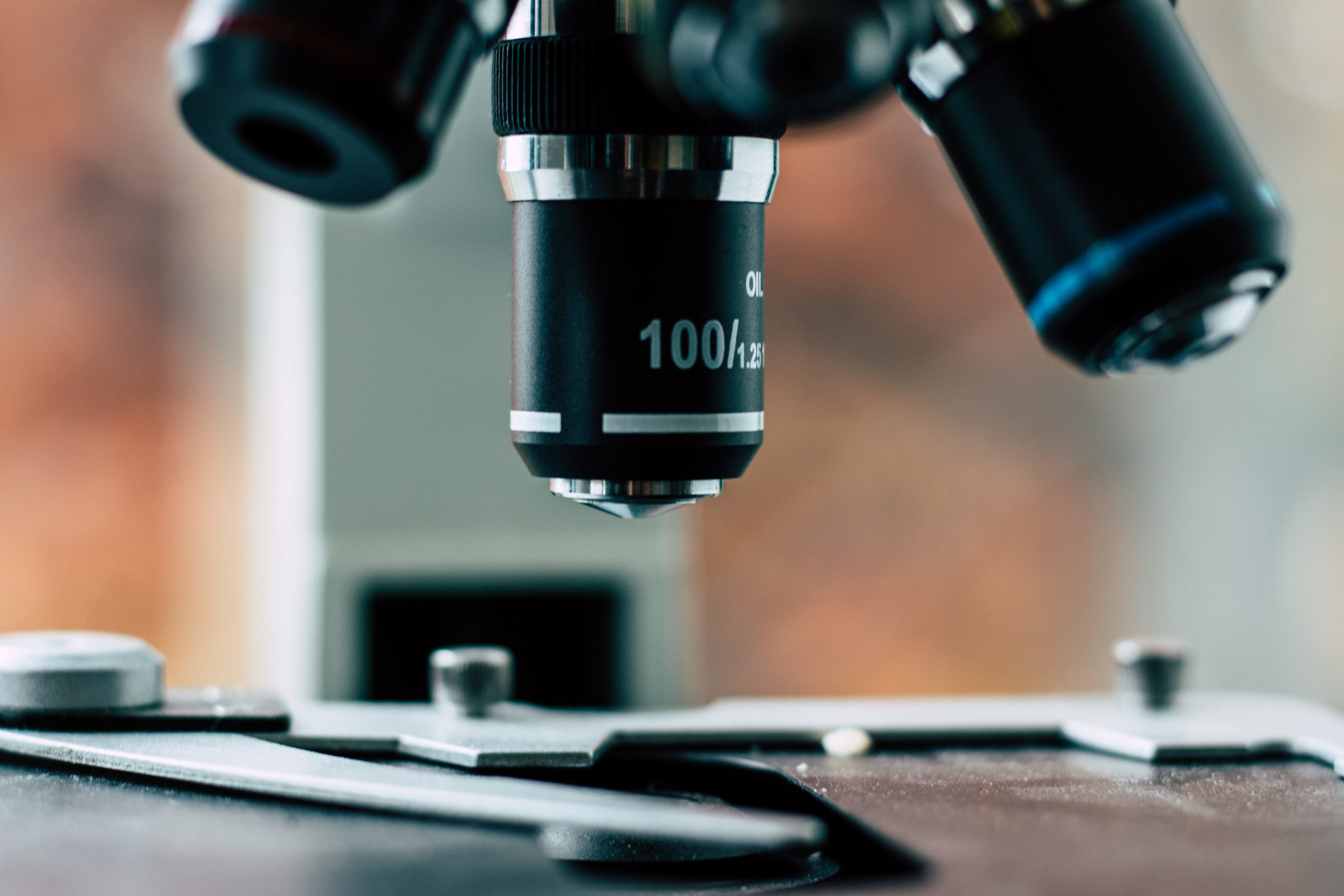Michael Behe’s Response to Boston Review Critics
The following is Michael Behe’s response to the essays published by Boston Review following Allen Orr’s review of Darwin’s Black Box. Allen Orr Professor Orr has a mistaken notion of irreducible complexity. I thought I made that clear in my reply, but from his response I suppose I did not, so let me try again. I define irreducible complexity in Read More ›





